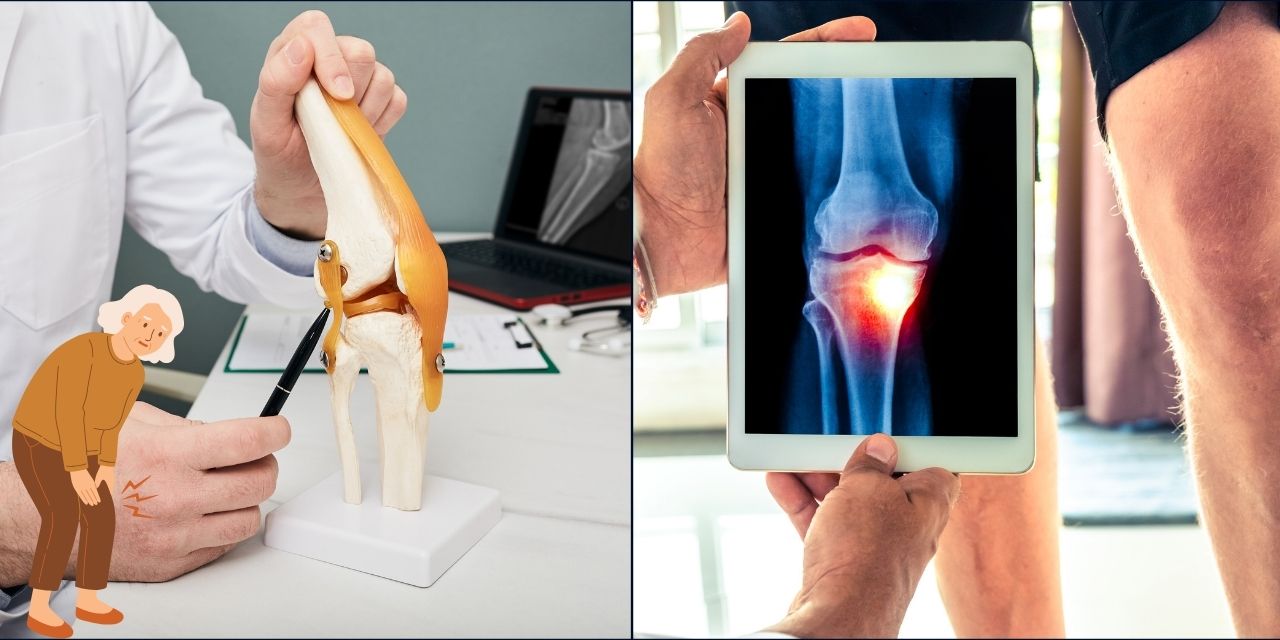Osteoarthritis (OA) is a common joint disorder that affects millions of people worldwide, particularly as they age. It occurs when the protective cartilage that cushions the ends of the bones wears down over time, leading to pain, stiffness, and swelling in the affected joints. Recognizing the early signs of osteoarthritis can help individuals seek timely treatment and manage the condition more effectively. Here are some of the initial symptoms to watch for:
- Joint Pain
One of the earliest signs of osteoarthritis is pain in the affected joints. It may begin gradually and worsen over time, especially after activity or at the end of the day. The pain is typically localized to the affected joint and may be felt during movement or when pressure is applied. - Stiffness
Joint stiffness, particularly after periods of rest or in the morning after waking up, is another early symptom. This stiffness may last for a few minutes to several hours and can make daily tasks, like getting out of bed or bending down, more difficult. - Swelling and Tenderness
As the cartilage deteriorates, inflammation can occur in the surrounding tissues. This can lead to swelling, making the joint appear puffy or enlarged. In some cases, the joint may also feel tender to the touch. - Limited Range of Motion
Osteoarthritis can cause the affected joint to become less flexible. This can make it harder to fully extend or bend the joint, limiting movement in the affected area. For example, individuals may have difficulty straightening their knees or bending their fingers. - Grating or Popping Sensation
As the cartilage in the joint wears away, the bones may rub against each other. This can cause a grating or popping sound or sensation when the joint is moved, indicating the presence of OA. - Changes in Joint Appearance
In more advanced stages, the joint may appear misshapen or enlarged. This is often due to the formation of bone spurs, which are extra bits of bone that develop around the affected joint. - Fatigue and Difficulty with Physical Activity
OA can also cause fatigue, as the body compensates for the pain and stiffness. This can make it challenging to participate in physical activities, leading to a more sedentary lifestyle that can worsen the condition.
Conclusion
If you experience any of the symptoms mentioned above, it is important to consult a professional for an accurate diagnosis. Dr. Rohit Malhotra, a renowned bone specialist in Panchkula, offers expert care at Malhotra Hospital & Orthopedic Centre, where he provides personalized treatment plans to manage osteoarthritis effectively. Early intervention can help reduce pain, improve joint function, and slow the progression of OA, allowing patients to maintain a high quality of life. To get more information please contact us on : +917302217302












